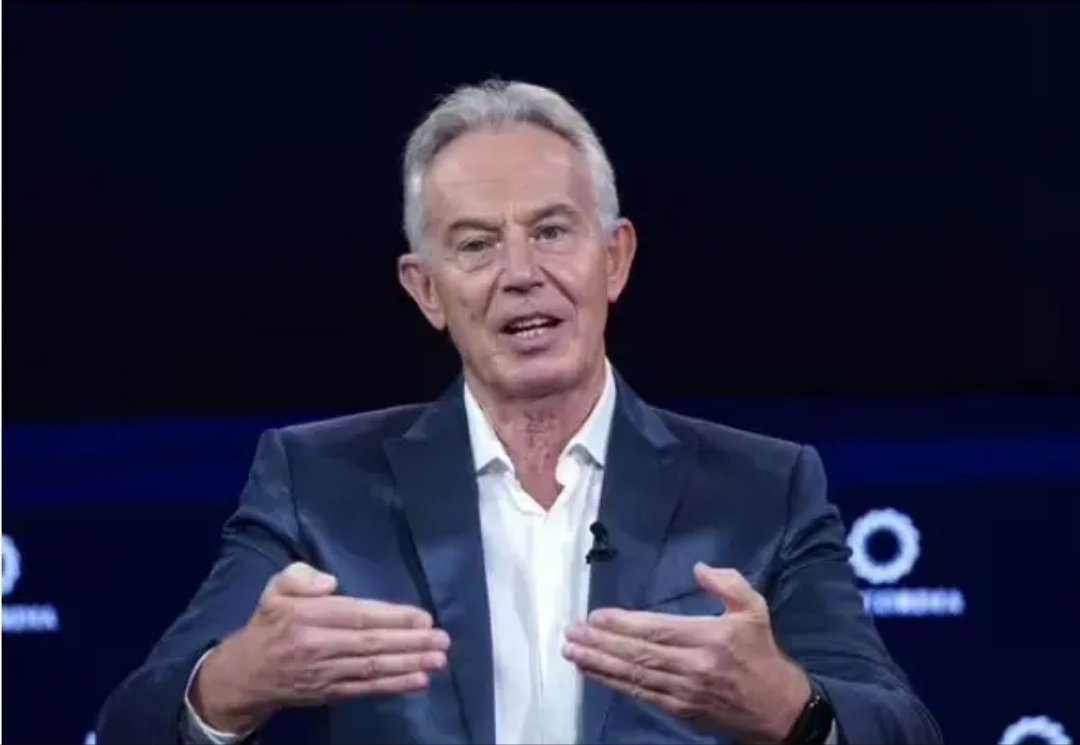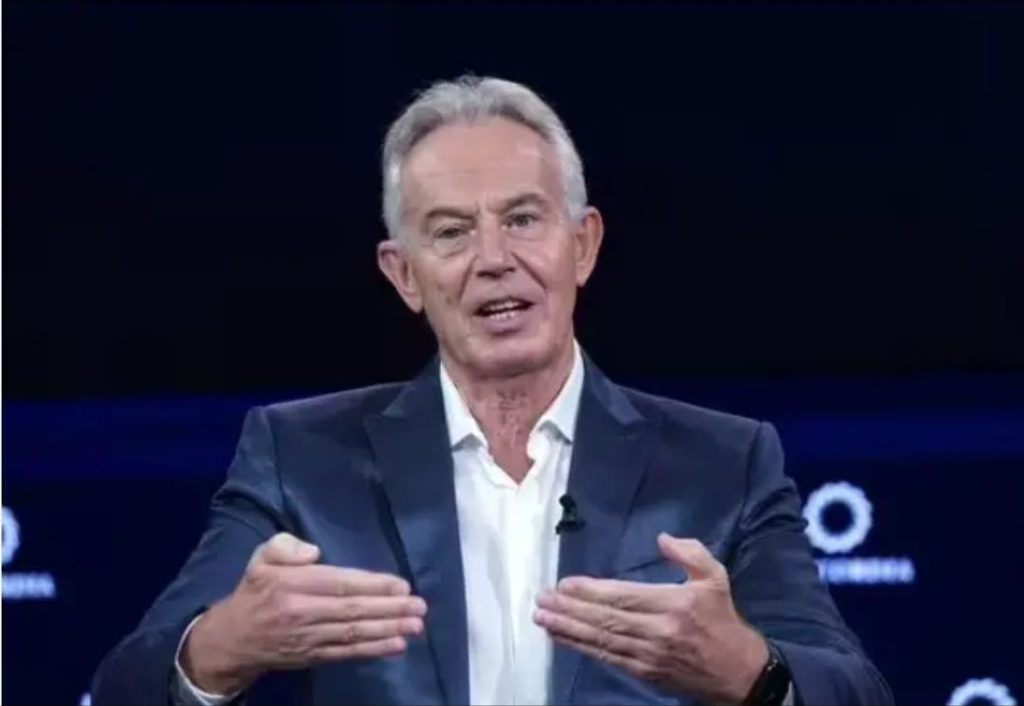
Pressure is mounting on the British government to revoke the knighthood of former Prime Minister Tony Blair following revelations about financial dealings between his non-profit organization and autocratic regimes. The Institute for Global Change (TBI), led by Blair, is under scrutiny for accepting payments to provide advisory services to nations with questionable human rights records, including Bahrain and Saudi Arabia.

According to reports by Express News, Critics argue that Blair’s association with regimes known for human rights abuses undermines the ethical standards associated with the prestigious knighthood. Ben Habib, deputy leader of Reform UK, accused Blair of attempting to “malignly influence world affairs,” emphasizing Blair’s controversial role in the Iraq and Afghanistan wars, which he claims led to the deaths of hundreds of thousands of innocent Iraqis and Afghanis.
Aman Bhogal, founding Chairman of the Global Britain Centre, raised questions about the judgment of Labour Party leader Sir Keir Starmer, who seeks advice from Blair. Bhogal highlighted Blair’s past interactions with controversial figures like Gaddafi and questioned the wisdom of drawing inspiration from a “failed faux-statesman.”
The TBI reportedly increased its income from foreign governments by 50% in the last year. The institute defended its collaboration with Bahrain, stating that it supports a modernization program akin to the Vision 2030 scheme in Saudi Arabia. A spokesperson for TBI clarified that they offered strategic and policy insight to support Cop28 (climate conference) pro bono and had no contract with the Gulf Cooperation Council.
The controversy surrounding Blair’s knighthood raises broader questions about the ethical considerations surrounding non-profit organizations engaged in advising governments with concerning human rights records. The potential impact on diplomatic relationships and the moral standing of individuals receiving prestigious honors has ignited public debate.
As calls to strip Blair’s knighthood gain traction, concerns persist about the accountability and transparency of such organizations. The demand for clarity on the ethical standards upheld by non-profits operating on a global scale becomes increasingly relevant.
While the British government has yet to formally address the calls for revoking Blair’s knighthood, the intensifying public scrutiny highlights the delicate balance between recognizing individuals for their contributions and holding them accountable for associations that compromise ethical principles. As the debate unfolds, it remains to be seen how authorities will navigate the intersection of diplomatic engagements, human rights concerns, and prestigious honors.




